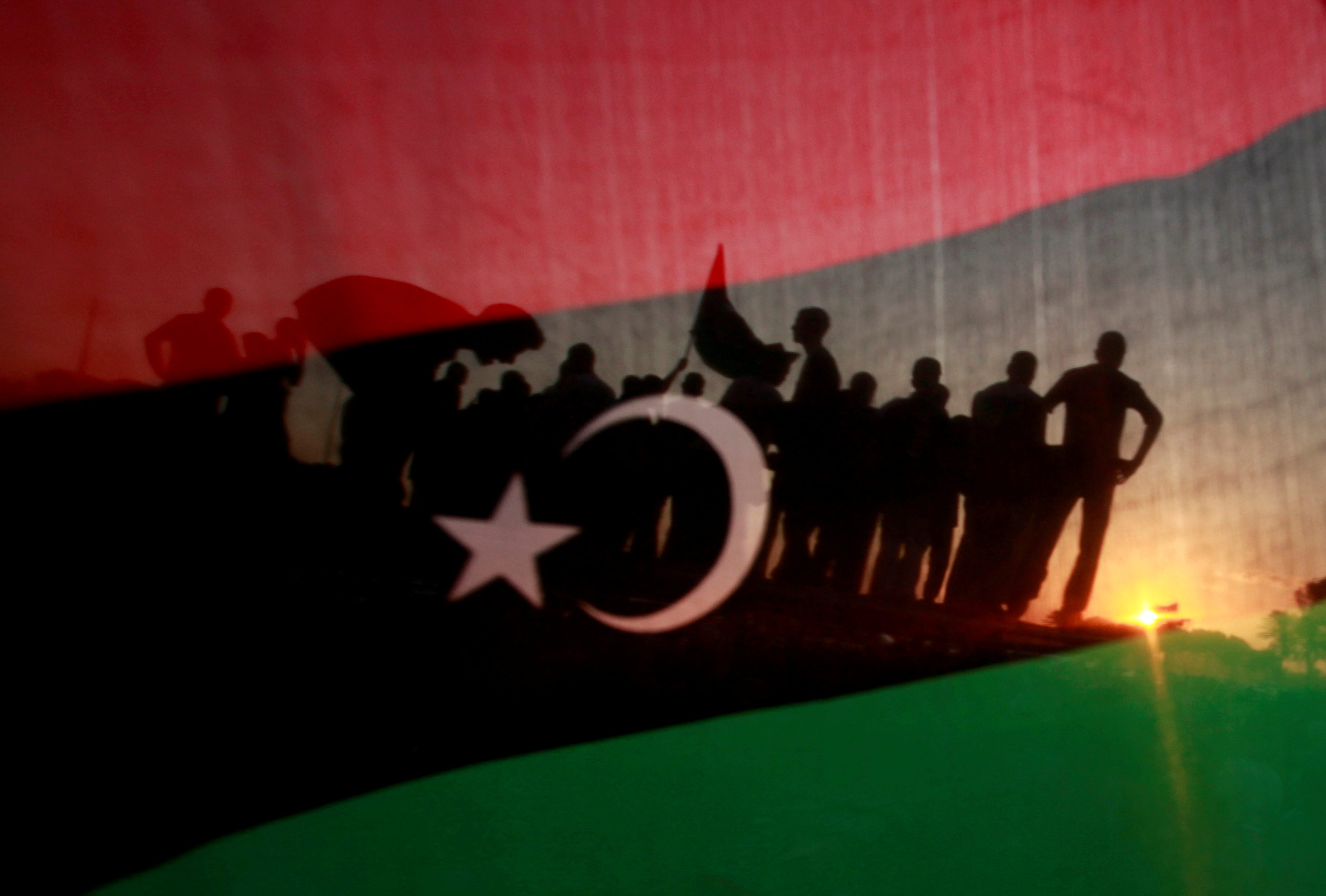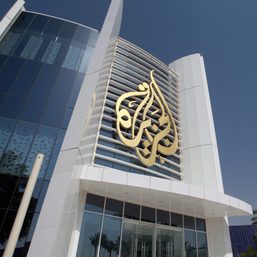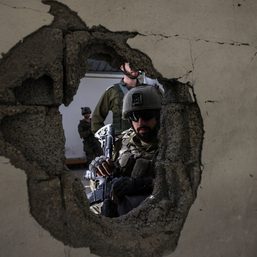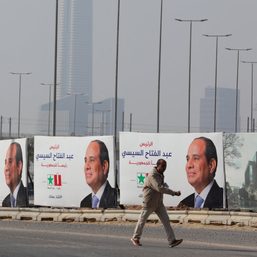SUMMARY
This is AI generated summarization, which may have errors. For context, always refer to the full article.

Egyptian firms are eyeing a revival of business in Libya where a new government is starting work to rebuild the nation on Egypt’s doorstep that was shattered by a decade of fighting and chaos.
Before 2011, when Libya slid into conflict, the oil-producing nation was a lucrative market for Egyptian exporters, contracting companies, and workers. It was particularly attractive for businesses involved in food and construction.
With a new United Nations-backed unity government in place, Egyptian firms are looking at reconstruction opportunities to make a return, although executives say security and logistical issues, alongside a fragile economy, still present hurdles.
Egyptian food products are already widely available in Libyan shops, with exports of $55 million in the first quarter.
But Hani Berzi, chairman of Edita Food Industries and head of Egypt’s Food Export Council, told Reuters that such a level was well below the potential.
“They should be three times as high. Libya is the closest market to Egypt. We should be controlling this market,” he said.
Before 2011, a quarter of Libyan construction material imports came from Egypt, said Walid Gamal el-Din, president of Egypt’s construction materials export council, a level he said Egypt could expect to regain as the Libyan market revives.
Libya, an Organization of the Petroleum Exporting Countries member with about 7 million people, was also once a major draw for migrant workers from Egypt, which has a population of about 100 million. But tens of thousands of Egyptian expatriates fled after 2011 as Libya descended into chaos.
Libya’s authorities are working on a new visa system for workers that will be based on skills, said Hamdi Imam of the Cairo Chamber of Commerce, a move that could see migrants return in large numbers again, generating fresh remittances for Egypt.
Libya is already Egypt’s top export market in Africa for building insulation materials and its second biggest market for marble exports, said Kamal Al Desouki in the construction materials department at the Federation of Egyptian Industries.
“We aspire to this for all the other sectors,” he said.
Fragile recovery
Signs of Libya’s economic recovery are emerging. Exports of Egyptian engineered products, such as household appliances, rose 45% to $19.5 million in the first quarter over a year earlier, said Sherif Al-Sayyad, chairman of Egypt’s Export Council for Engineering Industries.
But peace in Libya remains fragile. The interim government faces a huge task of bridging a deep divide that opened between east and west Libya, as well as smoothing over tribal rivalries. It has to prepare for elections planned for the end of 2021, leaving little time to put an economic recovery plan in place.
“The reconstruction plans and projects have yet to be clarified,” said Medhat Stephanos of Titan Cement Egypt.
He said cement was still being exported to Libya but faced high transport costs.
Alongside logistical challenges, Egyptian firms may also have to contend with strong competition when the recovery does gather steam, particularly in western Libya, the most densely populated part of the nation.
Egypt and the United Arab Emirates backed eastern-based Libyan forces during the conflict. Qatar and Turkey, a rival for Egyptian construction, food, and other exporters in Middle East markets, backed western factions, based in the capital Tripoli.
Cairo is now seeking to build ties with Tripoli’s interim government and is preparing to reopen its embassy there.
Edita Food’s Berzi said diplomatic efforts were positive but that authorities should also help Egyptian exporters cope with obstacles they faced in Libya, such as exchange rate risk. – Rappler.com
Add a comment
How does this make you feel?





There are no comments yet. Add your comment to start the conversation.